CHURCHES IN EUROPE
Ahead of the European elections scheduled for the end of May, the Presidencies of the German, French, Swiss Bishops’ Conferences promoted a symposium on “Europe’s common good”, attended by 80 participants from the three Countries, presently ongoing in Paris. Speakers include historians and economists, theologians, bishops, men and women involved in political activity. The multi-voice dialogue is meant to examine the situation in Europe, envisage future scenarios, and identify ways to recover Europe’s role as a global player.

(from Paris). The difficult Brexit process, the winds of nationalism blowing across the Continent, and especially European citizens’ feeling of detachment from institutions, seen as increasingly distant and technocratic. The notion of the common good can no longer be taken for granted and today’s Europe needs to recover renewed thrust. For these reasons, the presidencies of German, French and Swiss Bishops’ Conference organized a symposium on the “European common good” in Paris, attended by 80 participants from the three Countries. Speakers include historians and economists, theologians, bishops, men and women involved in political activity, such as former Defence Minister Thomas de Maizière, former Italian PM Enrico Letta and former MEP Sylvie Goulard. The purpose of the multi-voice dialogue is to examine the situation in Europe, envisage future scenarios, and identify ways to recover Europe’s role as a global player. The presidencies of the three Bishops’ Conferences have been working on the organization of the meeting – that takes place every two years on a common, topical issue – since 2015. The first meeting, that focused on the Synod on the Family, took place in Rome in 2015. The second held in Berlin in 2017 revolved around the migratory phenomenon.
The European elections of late May represent the matter at stake in 2019. A preliminary assessment will address “voters’ turnout, that will then be analysed in each Country as a sign of adhesion, indifference or rejection vis a vis the European project”, said the President of French bishops Msgr. Georges Pontier. The purpose of the Dialogue is to identify the reasons of the disappointment felt by European citizens that include the migratory issue, the debate on the responsibilities of the European Parliament and Commission, the rejection of the common currency, along with widespread feelings of economic, social and cultural insecurity.
“After decades of progress and confidence in Europe, we are now facing a period of turbulence, self-closure and fear”, said bishop Pontier.
Indeed, “the difficulties the UK Government and its MPs are facing in reaching an agreement over Brexit, to the extent that the risk of a no-deal Brexit cannot be ruled out, shows to all Europeans that leaving the Union amounts to a full severance from the European common bond and that there is much to lose by separating from others.”
The shock waves of the pro-EU protesters that marched across London past Sunday reached the Dialogue in Paris. One million people took to the streets demanding a second referendum and to revoke leaving the EU. The march clearly shows that “it’s not true that European citizens don’t love Europe”, Cardinal Reinhard Marx, Archbishop of Munich and Freising, President of the German Bishops’ Conference, has no doubts.
“The majority of Europeans are pro –EU. This is absolutely clear.” Only “a small minority” support the populist drift.
“However, given increasing scepticism of the European project, it is necessary to create a platform for discussion.” This was the underlying reason that led the Churches to organize in Rome the Conference “(Re)thinking Europe” two years ago, supported by the Pope. The Paris dialogue takes place in the wake of that debate. “Being together is better than being alone”, underlined Cardinal Marx, who was a keynote speaker of that meeting in the Vatican. “Everyone, including larger Countries, are small and weak when faced with major global challenges, and there is little they can do alone. But together we can do great things, even fight for a civilization of freedom, solidarity, democracy and peace”, which Europe has built in the course of history. A heritage of which it is responsible today “not only for Europeans but for the whole world.”
The world needs Europe. Enrico Letta in his speech repeatedly warned against the risk of another 27 Brexits and of a Europe that pulls back from the global context. After his visit to Rome, Chinese President Xi Jinping travelled to France where he met French President Emannuel Macron at the Elisée Palace. Faced with the Chinese expansion on the one side, Trump’s protectionist policies and the sovereignist ambitions of Putin’s Russia on the other, Europe must play its mediating role in order not to leave a government and market systems without rules. “The future needs Europe” – said the former Italian premier – “because it needs its policies based on the defence of human dignity and the centrality of the human person.” The future of Europe – according to the speakers attending the meeting in Paris – depends on its ability to open up to the rest of the world. “If Europe limits itself to the European Union – warned Msgr. Felix Gmϋr, President of the Swiss Bishops’ Conference – it risks becoming a reality closed in on itself, without a future and a sense of becoming.”